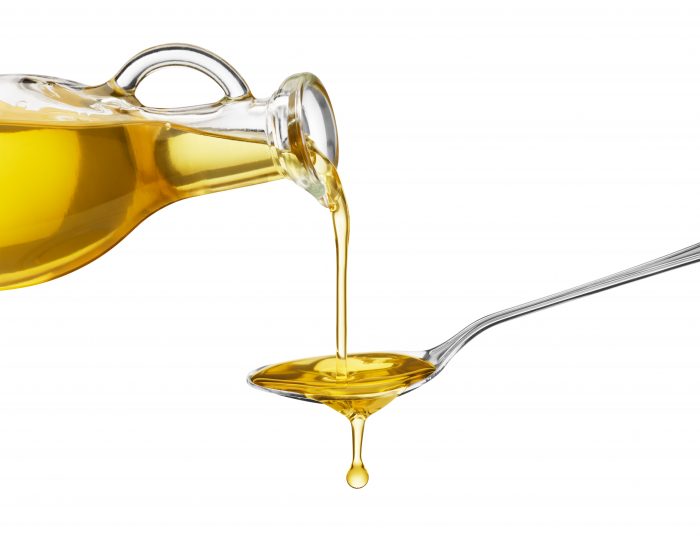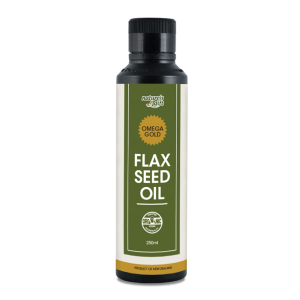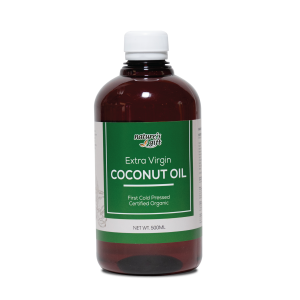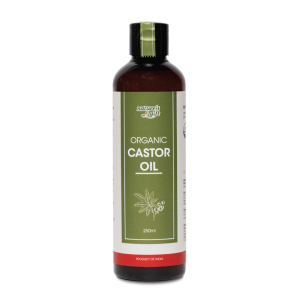Many people think that fats should be avoided because they are associated with an unhealthy diet and many believe that “eating fat will make you fat”. This could not be further from the truth. In this article, we will show you how including healthy fats in your diet can make a huge difference in your health!
Our body uses the 3 major macronutrients: proteins, carbohydrates and fats for fuel and for different important functions within the body. It is important that we do not exclude any whole macronutrient group from our diet, but rather learn how to select healthier options as each of them have both healthy and unhealthy choices.
Looking specifically at fats, most of us would be consuming a combination of different kinds of fats depending on our lifestyle and diet. Fats are classified based on their molecular structures and here are the major dietary fats that we consume:

Saturated Fat
Saturated fat is solid at room temperature and is mostly found from animal sources such as butter, cheese and meat. Tropical oils such as coconut oil, palm oil and cocoa butter are also forms of saturated fat.
Monounsaturated Fat
Found in avocados, nuts and vegetable oils such as olive oil, monounsaturated fat is generally recommended as a healthy form of dietary fat. Monounsaturated fat is liquid at room temperature.
Polyunsaturated Fat
Polyunsaturated fat is found in both plant and animal foods such as vegetable oils, nuts, seeds and salmon. They are also the kind of fat that include essential fatty acids Omega 3 and Omega 6. Polyunsaturated fat is also liquid at room temperature.
Trans Fat
Trans fats are unsaturated fats that have undergone the process of hydrogenation, which turns liquid oil into solid fat. Shortening and margarine are both trans fats that are commonly found in fried, baked, packaged, and processed foods. Trans fats are less likely to spoil, so foods made with them have a longer shelf life. Some restaurants use partially hydrogenated vegetable oil in their deep fryers because it doesn’t have to be changed as often as do other oils.
Out of the four different types of fats above, trans fats are the worst fats that we should try to totally exclude from our diet because they are hazardous to our health. Trans fats increase LDL cholesterol levels and reduce HDL cholesterol, while promoting chronic inflammation in the body, which has been linked to heart disease, stroke, diabetes and other chronic diseases. In addition to this lethal combination, trans fats also reduce the normal, healthy responsiveness of the cells that line all of our blood vessels (endothelial cells). Besides, trans fats do not offer any nutritional benefits to the body.
Many studies on both humans and animals have demonstrated the harmful effects of trans fats. In one study, researchers found that replacing trans fats with healthy fats would decrease the risk of coronary heart disease by about one-third.
Another bad news is that it takes longer for our body to metabolize trans fats than it does other fats.
Omega 3 & Omega 6
Known as essential fatty acids, Omega 3 and Omega 6 cannot be made in the body and need to be consumed through our diet. They are found in polyunsaturated fats such as vegetable, nut, seed and fish oils. Although we need both Omega 3 and Omega 6 in our diet, there is some general misconception when it comes to how to supplement with essential fatty acids properly. One thing to remember is that Omega 3 is anti-inflammatory and Omega 6 is pro-inflammatory. This is part of the balance of nature.
Inflammation is a natural immune response in the body and it is important for wound healing and for when the body needs an increase in immunity. This does not mean that we should be adding Omega 6 to our diet. Why? Two reasons: (1) Almost all of us should be trying to reduce chronic inflammation caused by factors such as our diet, stress, and pollution; (2) Most of us are already consuming a lot more Omega 6 than Omega 3 in our diet because of the vegetable oils that are commonly used in cooking and food preparation.
Our naturally high consumption of Omega 6 could also be one of the contributors towards the low-grade, long-term inflammation that most of us suffer from. Omega 3, on the other hand, is known for its ability to promote heart health, reduce inflammation, improve skin and joint health, and lower both blood pressure and triglyceride levels.
Understanding this, it then becomes clear that we should be supplementing with oils that are rich in Omega 3 instead of Omega 6. There are some oils in the market that have Omega 6 oils combined with Omega 3. These would be less beneficial for the reasons above, as most of us should be reducing our consumption of Omega 6 oils.
The Healing Power of NewLife™ Oils

Flaxseed Oil is our recommended source for Omega 3. Flaxseed oil is so rich in Omega 3 that just 1 tablespoon (15ml) contains an impressive 7,196 mg of Omega 3 fatty acids. Flaxseed oil is also a rich source of alpha linolenic acid (ALA), which has been used to help prevent heart attacks, lower high blood pressure, lower cholesterol, and reverse “hardening of the blood vessels” (atherosclerosis).
Omega 3 is also useful for reducing symptoms of inflammatory conditions of all kinds such as rheumatoid arthritis, hepatitis, pancreatitis, etc.
Flaxseed oil has also been researched for its ability to prevent cancer, with some studies demonstrating its remarkable ability to slow the proliferation of cancer cells.
Like other unsaturated oils, flaxseed oil oxidizes quickly when exposed to light, air, or heat. Care should be taken when storing flaxseed oil and it should not be used for cooking.
NewLife™ Omega Gold Flaxseed Oil is certified organic, sourced from New Zealand, cold-pressed in the absence of light and heat, and packed in a dark bottle with an inert gas blanket in order to deliver the highest quality of flaxseed oil. We pack our flaxseed oil with dry ice and ship them by air from New Zealand directly to Malaysia and Singapore. Upon reaching our stores, they are immediately stored in a refrigerator to keep the oil freshest possible.
Extra Virgin Coconut Oil was considered an “unhealthy fat” for decades due to misconceptions on saturated fats, however, new research has shown that the high amount of lauric acid found in coconut oil actually helps to reduce total cholesterol and increase “good” HDL cholesterol levels—contributing to better cardiovascular health.
Additional benefits from coconut oil include its antimicrobial and antioxidant properties and its ability to improve skin and oral health. It is also useful for promoting weight loss when used in combination with a healthy diet and exercise. Other benefits include stronger immunity as well as better focus and memory.
Coconut oil is a rich source of medium-chain triglycerides, also known as “MCTs” for short. MCTs provide the body with a quick supply of energy and actually help to promote fat burning in the body. Instead of being stored in the body, MCTs go straight to the liver to be used as energy. 
Coconut oil can be taken directly, mixed in salads or other dishes, or used for cooking as it is very stable and has a high smoke point.
NewLife™ Extra Virgin Coconut Oil is cold-pressed, certified organic, Halal and Kosher, and has no added chemicals or preservatives.
Castor Oil is a vegetable oil pressed from castor seeds, used for a wide range of cosmetic, medicinal and pharmaceutical purposes. It is rich in vitamin E, linoleic and oleic acids.
Castor oil has dozens of therapeutic uses that range from skin, hair, nails, arthritic pain relief and lymphatic drainage. In fact, it is also very useful for improving the health of your household plants! Castor oil can be used to treat a variety of skin conditions and improve hair growth. Check out our Lifeline September & October 2021 issue for a complete article on the many things you can do with castor oil.
In terms of consumption, castor oil can be used as a stimulant laxative—it increases the movement of muscles that push material through the intestines. Castor oil can be used in small doses to provide a short-term solution to constipation. However, caution should be taken not to consume it in large doses or for long periods of time. 
NewLife™ Organic Castor Oil is USDA Certified Organic and of British Pharmacopoeia quality. It is cold-pressed, unrefined and not solvent extracted, providing maximum nutritional and therapeutic benefits.
You are strongly encouraged to read Dr. Lynn’s latest book Cholesterol: Guilty or Innocent? to understand more about fats and how they affect your body and health. If you would like to order a copy of Dr. Lynn’s book, or contact us at info@newlife.com.my or info@newlife.com.sg!

